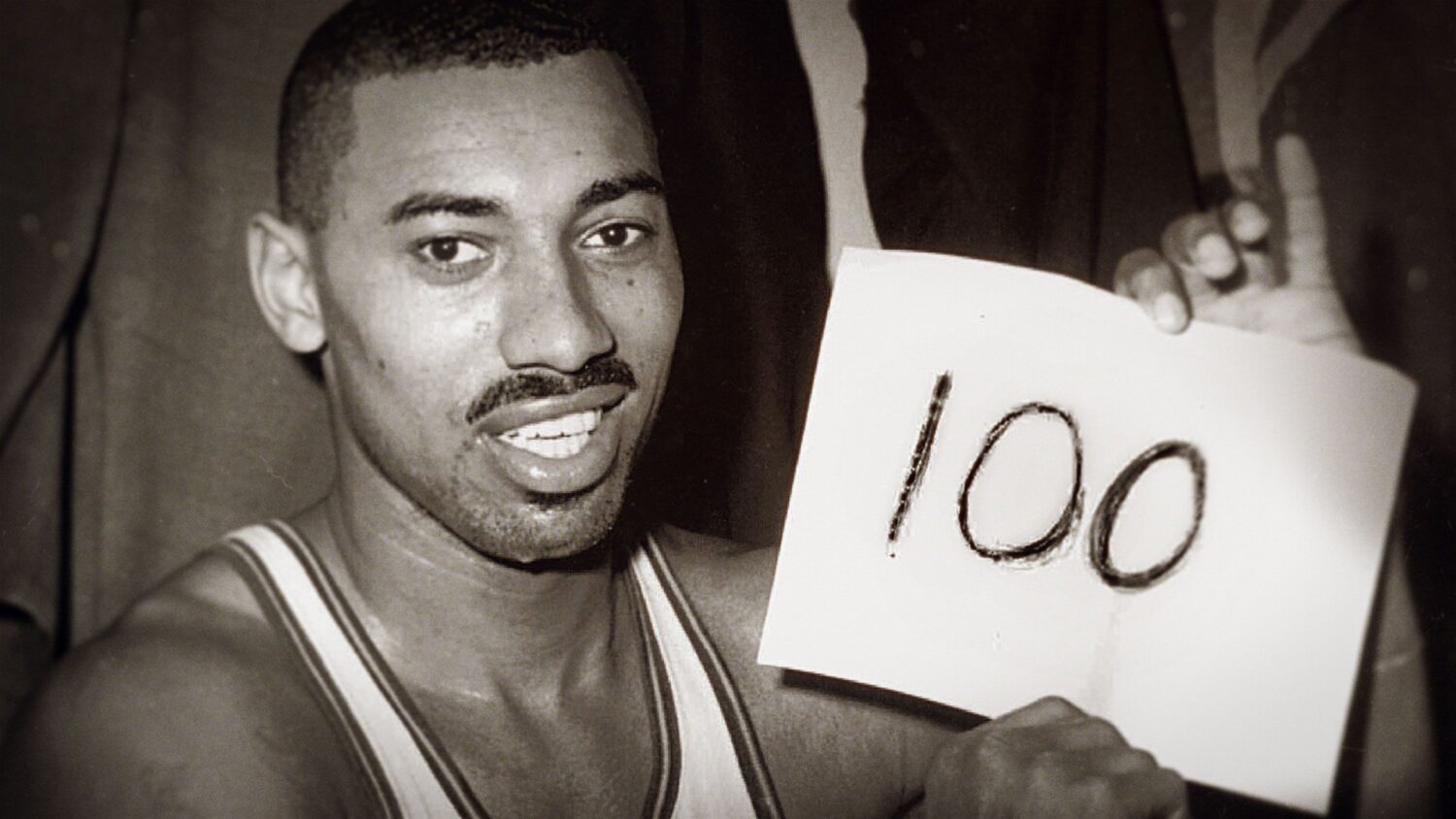
(CNN) — To anyone whose first thought hearing Wilt Chamberlain’s name is the number of women he claimed to have slept with, rest assured, “Goliath” has you covered. But the three-part Showtime documentary proves most notable for portraying the sensitive soul underneath the NBA great’s brash exterior, as well as his trailblazing on behalf of athletes having a say in their careers and future.
In its most buzzworthy device, the docuseries using an AI program to assemble Chamberlain’s narration drawing from interviews and his autobiography, which possesses a somewhat stiff quality but generally gets the job done.
Perhaps foremost, the project serves as an excellent companion to the recent Netflix documentary “Bill Russell: Legend,” providing additional insight into the battle of titans that defined basketball during their era, with Russell cast as the championship-winning good guy and Chamberlain as the selfish foil, who, given his 7-foot-plus frame, was fond of telling people, “No one roots for Goliath.”
As with the Russell documentary, directors Rob Ford and Christopher Dillon talk to the right people, including teammates and opponents. Jerry West, who played with Chamberlain on the Lakers, calls him, “One of the most misunderstood people I’ve ever seen.”
Kevin Garnett – a star from a later period, and an executive producer on the project – refers to the colorful center as “the first rock ‘n’ roll superstar in basketball,” paving the way for stars determining their fate by insisting on getting paid what he was worth and asking to be traded multiple times before free agency.
“We all were indebted to what he was able to do when he negotiated for contracts,” former teammate Billy Cunningham says, although Chamberlain’s then-groundbreaking $100,000 salary in 1965 looks like a relative pittance held up against what NBA stars earn today.
The interviewees also include friends and family, including his sister Barbara Lewis, who recall how Chamberlain grew up being gawked at because of his height before attending college in Kansas, where a championship-game loss began the hard-to-shake meme that he was a “loser” in crunch time.
That label came despite his enormous talent and treasure trove of seemingly unimaginable records, which included scoring 100 points in a game and averaging 50 points over the course of a season – seized on by critics as a sign of his emphasis on personal accomplishments as opposed to team victories.
Chamberlain invested wisely during his NBA career, amassing wealth while living a life as big as he was. That included an aversion to monogamy and boasting in his book “Wilt: Larger Than Life” that he had slept with 20,000 women, an estimate that had people doing the math on that claim and, given the proximity of its release to Magic Johnson’s AIDS diagnosis, he quickly came to regret.
As sports journalist Jemele Hill notes, the discussion about Chamberlain’s womanizing “put an overwhelming shadow in this tremendous basketball legacy,” and made him a target for mockery at the time.
Chamberlain’s story can’t help but intersect with other great players, including the rift that formed with Russell – who criticized him for leaving a crucial playoff game with an injury – and Kareem Abdul-Jabbar’s disdain for Chamberlain supporting Richard Nixon.
Even amid a golden age for documentaries about sports figures, the recent wave of material related to the NBA has felt particularly rich, including ESPN’s ode to Bill Walton and another due later this month devoted to current star Stephen Curry.
“Goliath” nevertheless manages to feel as big as its subject, shedding light on a figure who, misunderstood or not, seemed larger than life in every conceivable way.
“Goliath” premieres July 14 on Paramount+ and July 16 at 10 p.m. ET on Showtime.
The-CNN-Wire
™ & © 2023 Cable News Network, Inc., a Warner Bros. Discovery Company. All rights reserved.



